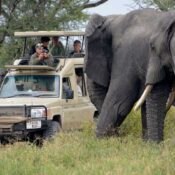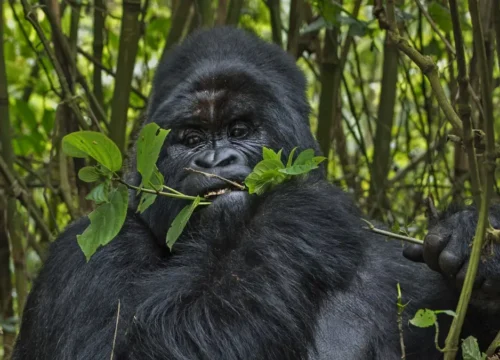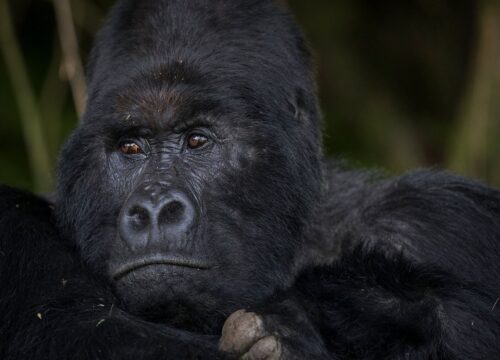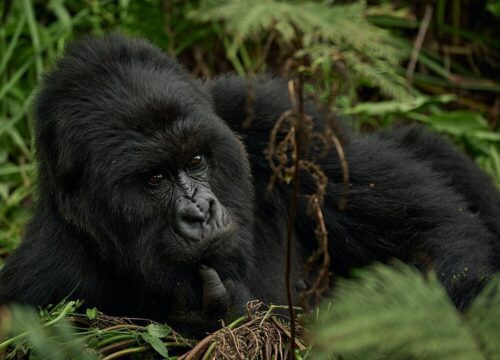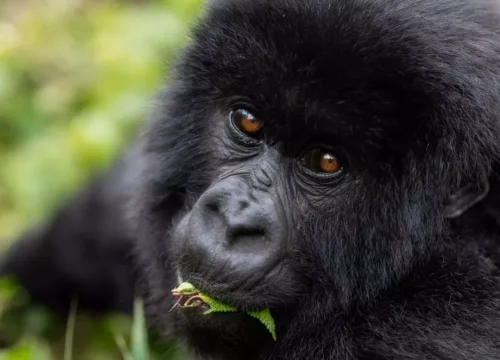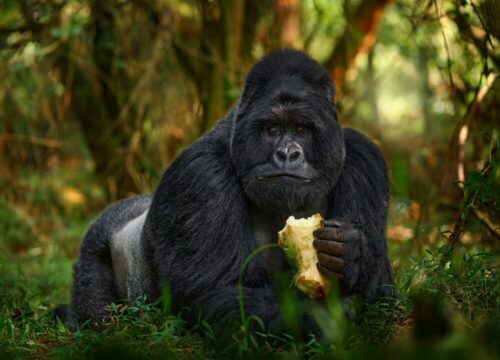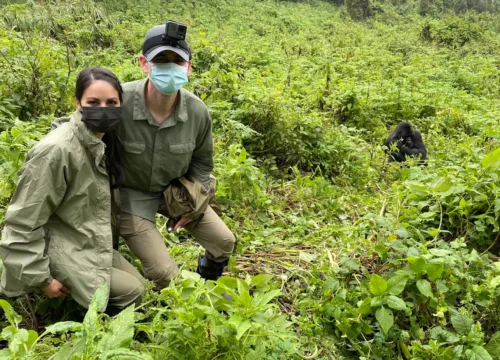10 Things you Should NOT DO on an African Safari

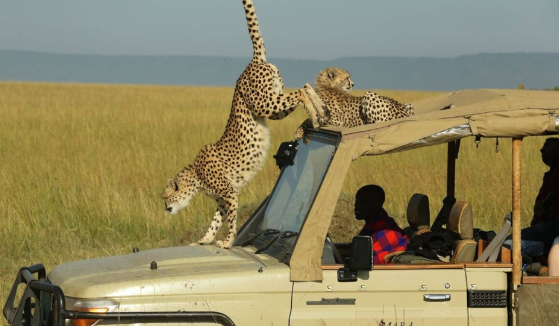
A safari is a once in a lifetime experience that allows you to get up close and personal with some of the most majestic and elusive animals in the world. From the thrill of spotting a pride of lions to witnessing a herd of elephants in their natural habitat, a safari is truly a memorable adventure. However, as with any travel experience, there are certain things you should avoid doing in order to fully enjoy your safari and respect the animals and environment.
Here are 10 things you Should NOT DO on an African Safari.
Things you Should NOT DO on an African Safari
1. Do Not Feed the Animals
While it may be tempting to try and get a closer look or even interact with the animals, it is important to remember that they are still wild creatures. Feeding them disrupts their natural behavior and can even be harmful to them. Animals that become reliant on human food may lose their ability to hunt or forage for their own food, which can have devastating consequences for their survival. It is also a safety risk for both the animals and humans.
If you are on a guided safari, your guide will most likely have strict rules about not feeding the animals. Follow their instructions and do not be tempted to sneak any food to the animals. It is also important to properly dispose of any food waste to avoid attracting animals to your campsite.
2. Do Not Get Out of the Vehicle
One of the most important rules on a safari is to stay inside the vehicle at all times. The open savannah may seem inviting and you may want to get a closer look at an animal, but it is crucial to remember that you are in their territory. Getting out of the vehicle can be a danger to both you and the animals. Predators may see you as potential prey and charge towards you, and larger animals like elephants may feel threatened and become aggressive.
Your safari guide will have extensive knowledge about animal behavior and will know when it is safe to get out of the vehicle for a closer look. Trust their judgment and enjoy the animals from a safe distance.
3. Do Not Make Loud Noises
The key to a successful safari is being able to observe the animals in their natural behavior. This means being quiet and respectful of their home. Loud noises and excessive talking can startle animals and cause them to flee or become aggressive. Loud noises also disrupt the peace and tranquility of the safari experience for other guests and can potentially scare away animals that may have been nearby.
Remember to switch your phone to silent or airplane mode during a safari and avoid using any loud electronic devices. Your guide may also remind you to keep your voices down while in close proximity to the animals.
4. Do Not Litter
Safaris take place in some of the most remote and pristine locations in the world. It is important to leave these areas as you found them, if not better. Litter can harm animals and disrupt their environment. It also takes away from the natural beauty of the surroundings and can have long-lasting effects on the ecosystem. Dispose of any trash in designated bins or take it with you to be properly disposed of later.
5. Do Not Touch the Animals
While it may be tempting to try and touch a wild animal, it is important to remember that they are not domesticated pets and can become aggressive if touched. In addition, touching animals can also transfer harmful bacteria or viruses between species, which can potentially harm them and even lead to their death.
Always maintain a safe distance from the animals and avoid any attempts to touch or interact with them. Your safari guide will ensure that you get close enough for a clear view of the animals without compromising their safety or yours.
6. Do Not Wear Bright Colored Clothing
As you embark on a game drive, it is important to blend in with your surroundings. Bright colored clothing can startle animals and may make them feel threatened. It is recommended to wear neutral colors such as khaki, beige, or green to avoid standing out in the natural environment. This also prevents animals from associating bright colors with humans and potentially causing conflicts with researchers or conservationists in the future.
More about the things you Should NOT DO on an African Safari
7. Do Not Ignore Safety Briefings
Before embarking on a safari, your guide will provide you with a safety briefing. This is crucial information that will ensure your safety and the safety of the animals. Pay attention and ask questions if anything is unclear. Ignoring safety briefings can put yourself and others at risk and may lead to dangerous encounters with wild animals.
8. Do Not Chase or Harass Animals
The purpose of a safari is to observe and appreciate wild animals in their natural environment, not to disturb or harm them. Chasing or harassing animals can cause distress and potentially lead to injury or death. This also disrupts their natural behavior and may impact their survival. Respect the animals and observe from a safe distance.
9. Do Not Take Anything from the Safari
It may seem harmless to take a small souvenir from your safari, but this can have detrimental effects on the environment and the animals. Removing any natural objects such as rocks, feathers, or plants can disrupt the ecosystem and potentially harm the animals that rely on those resources. Leave everything as you found it to maintain the balance of nature.
10. Do Not Complain About Lack of Animal Sightings
Safaris are unpredictable and there is no guarantee that you will see every animal on your list. It is important to have realistic expectations and understand that the animals are in their natural habitat and may not always be easily visible. Instead of complaining, take in the beauty of the surroundings and appreciate the moments when you do get to see animals in their natural environment.
In conclusion, with these things you Should NOT DO on an African Safari in mind, a safari to Africa is a unique and unforgettable experience that requires respect, caution, and consideration for the animals and their home. By avoiding these 10 things, you can ensure a safe and enjoyable safari that will leave a positive impact on the environment and animals. So pack your bags, follow the rules, and get ready for a once in a lifetime journey into the wild.
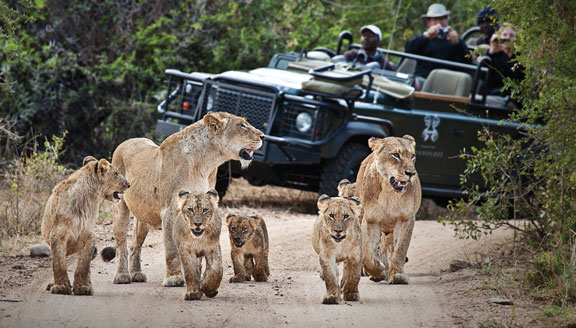
Read about What to expect on a safari in Uganda, Africa
Some of our African Safari Packages
1 Day Jinja Ultimate tour Experience
1 Day White Water Rafting in Jinja
3 Days Bwindi Gorilla Habituation via Rwanda
3 Day Birding Safaris and Photography in Uganda
3 Day Safari to Queen Elizabeth National Park
3 Day fly in Gorilla Trekking Safari from Masai Mara
3 Day Grand Gorilla Trekking Safari
4 Day Chimpanzee and Gorilla Trekking Safari
Recent Posts
Last Minute Deals
Quick booking process
+49 1575 4711313



